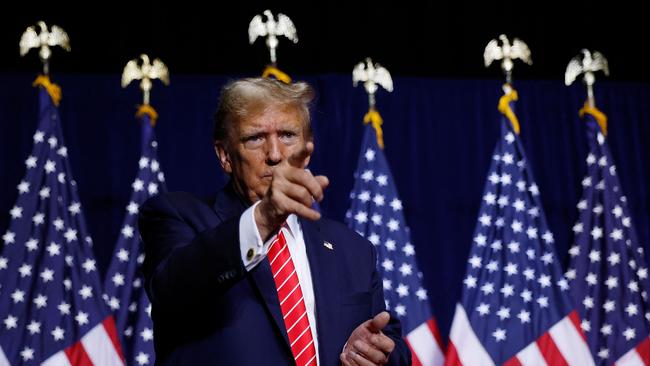
The chasm between Trump and Abbott could hardly be greater. It is about Ukraine but much more – the moral fortitude of the West, the global leadership responsibility of the US and the capacity of liberal democracy to withstand its deepest challenge in 80 years.
Abbott and Trump disagree on the nature of conservatism and the contemporary threat to democracies. Abbott sees the world at a hinge of history moment that demands leaders of moral courage and political strength. He criticises the sentiment of isolationist Republicans in the US congress seeking to terminate support for Ukraine – a sentiment Trump has relentlessly advanced.
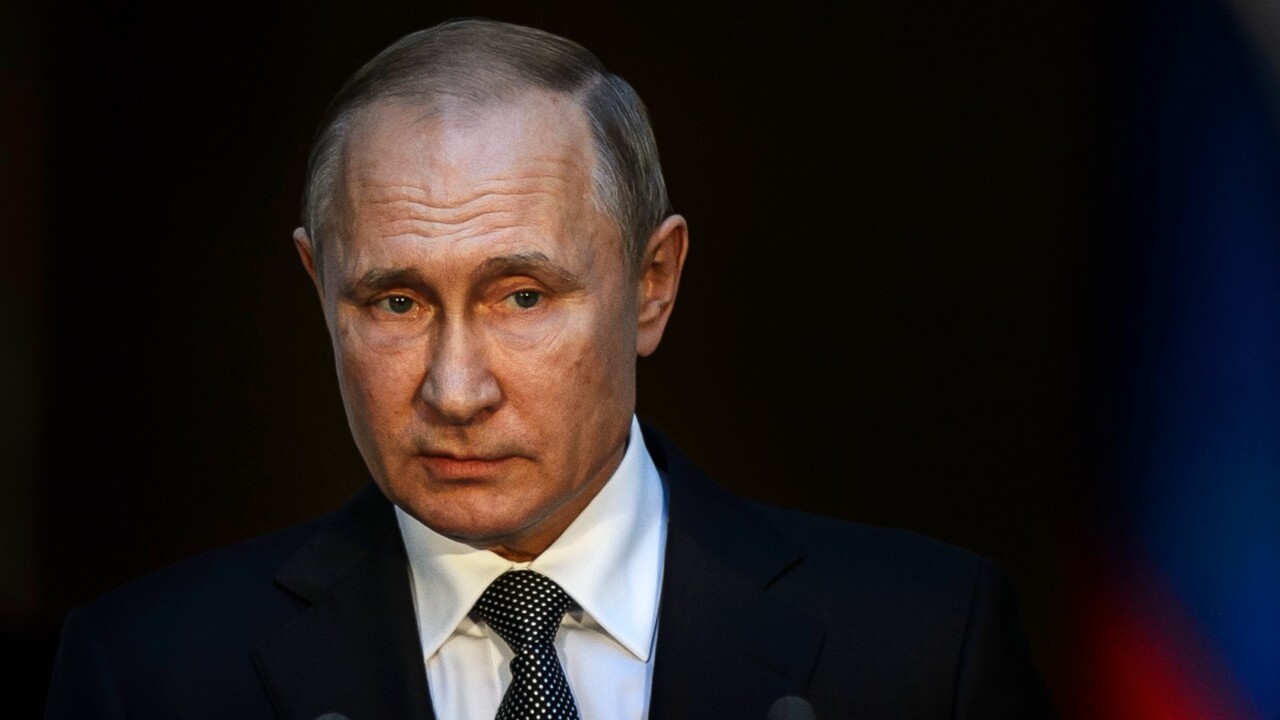
Abbott says “hear, hear” to President Joe Biden’s State of the Union declaration on Ukraine: “I will not bow down.” Biden attacked Trump’s appeasement of Russian President Vladimir Putin, saying of Trump’s stance on Ukraine: “It’s outrageous, it’s dangerous and it’s unacceptable.”
In an interview with The Australian, Abbott said it was “absolutely critical” to stop Putin. “It’s critical for two reasons,” Abbott said. “Because Ukraine is a sovereign independent nation fighting to stay free and because if Putin wins in Ukraine at the very least there will be a new cold war in Europe and it’s hard to see Putin not lifting his gaze to other parts of former Greater Russia, such as Poland and the Baltic States.”
Putin, Abbott said, was a leader capable of “absolutely evil things” and “it’s essential for the long-term peace and freedom of the wider world that Putin fails, it’s absolutely essential”.
It is unsurprising that Biden began last week’s address by invoking 1941, “when Hitler was on the march” and president Franklin Roosevelt had to “wake up” the congress.
Abbott said the reverberations with the 1930s were “very distinct” and defined them precisely: “It’s a similar time in that you’ve got the democracies weak and divided, and you’ve got the dictatorships full of malice and intent.”
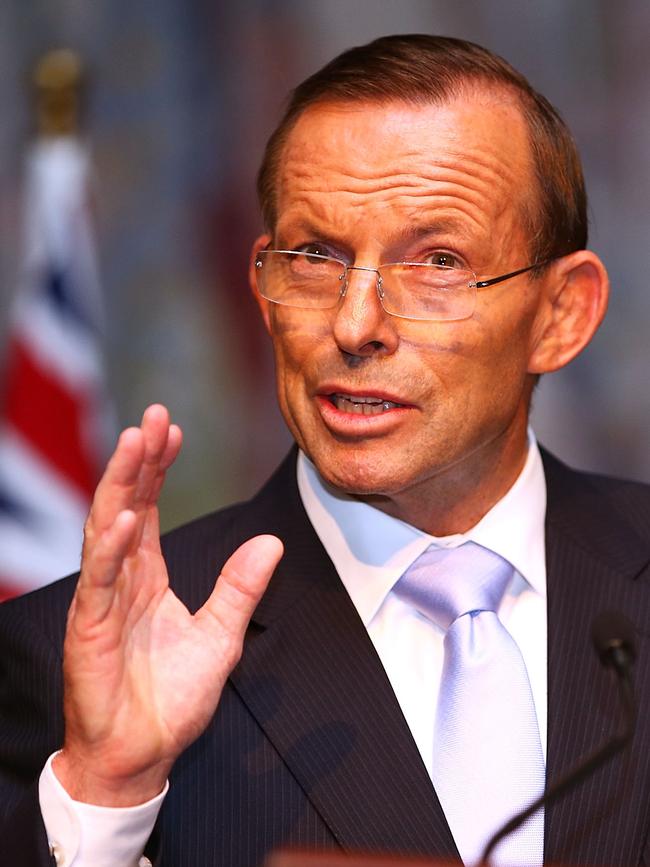
Trump, by contrast with Abbott, has long flirted with Putin. He called Putin’s invasion of Ukraine “genius”; claimed he could have talked Putin out of it; more recently said he would stop the war “within one day, 24 hours”, a hollow boast revealing Trump’s compulsion to abandon Ukraine; and bragged that he previously told a NATO leader unless their nation increased its defence spending then Trump would tell Putin’s Russia “to do whatever the hell they want” – that is, encourage Putin to attack a NATO ally.
It’s wrong to put much store by a single reference from Trump given he lies constantly, but his misplaced empathy with Putin becomes a geo-strategic risk if Trump is elected. Putin obviously awaits the US election in November hoping a Trump victory will underwrite his ascendancy in Ukraine and prove the democracies lack internal spine.
Abbott late last year attacked the US congress failure to vote for more funds for Ukraine but linked this to the Gaza war and uncertainty over Taiwan’s future as signs of a “weakness of will” that was “encouraging all the enemies of freedom”. Abbott warned that as long as Ukraine was militarily limited by its supporters such as the US, then “Putin eventually will win and he won’t stop there”. Last month Abbott criticised US House of Representatives Speaker Mike Johnson, a Trump ally, for being “all politics and no statesmanship” in withholding support for Ukraine.
In his interview this week Abbott said he was making no personal criticism of Trump or of either candidate in the Biden-Trump contest, but he is consistently forthright in opposing the tactics of the pro-Trump Republicans and, by extension, of Trump’s policies over Ukraine and their wider consequences.
While Trump repudiates the brand of post-war American leadership, this is the spirit that Abbott invokes. “We have to appreciate that the modern world has been very much made by America and America remains the indispensable nation,” Abbott said.
“If America puts down the responsibilities of leadership, it will be a much more fraught and a darker world. So I would plead with the Americans not to put at risk everything that American benevolence and strength has achieved over the last seven decades. Any opting out because it’s all too hard will be a disaster for the world, but in the end it would be very bad for America too.”
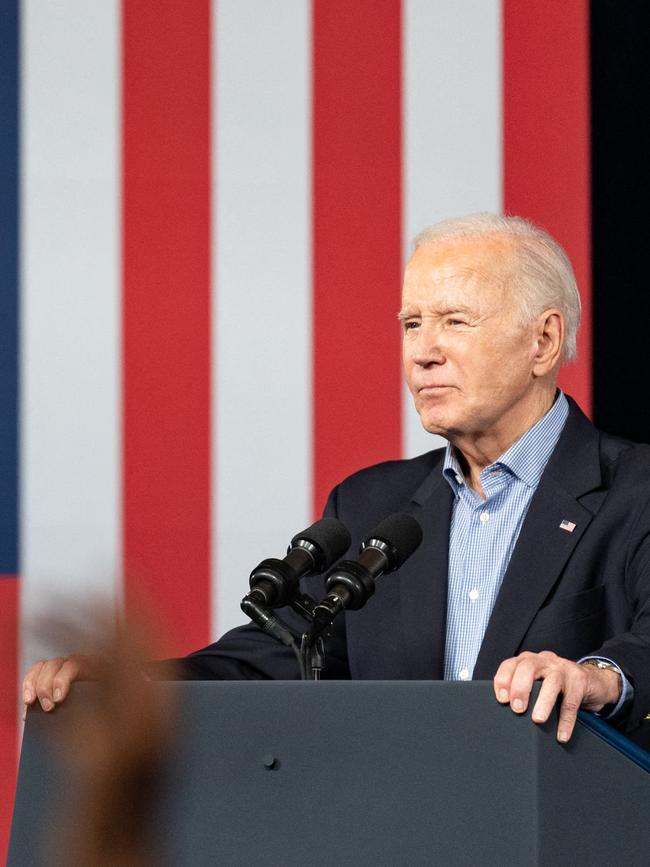
This can be interpreted as an appeal to Trump or an attack on Trump – take your pick. It is a frontal assault on the current conservative phony realism that the US must abandon its global role and retreat to a more limited regional outlook reinforced by isolationist sentiment in Middle America.
Many Australian conservatives making the case for Trump’s return to the White House focus on Biden’s long list of gaffes. It’s always fun but it’s never a convincing case for change. If that’s all you’ve got, then your case is worthless. If conservatives want Trump they have to show why Trump will mean a better world for freedom, democracy and for managing geo-strategic threats. They have to show why Abbott is wrong and Trump is right. If they can’t do that but keep backing Trump they’re charlatans.
In his interview Abbott said he found “bamboozling” the sympathy for Putin as a conservative that comes from Christian and right-wing fringes in the US and eastern Europe.
Applying those arguments, Abbott said, “you could say Hitler was a conservative. I dare say he had very old-fashioned attitudes on issues such as gay marriage, but that didn’t make him someone any genuine Anglosphere conservative could ever support.”
Many US strategists favour an overall shift in US priorities from Europe to the Indo-Pacific given the superpower rivalry of the century will be US versus China. Ultimately this could work to Australia’s advantage, but there is an obvious flaw in the self-serving twist Trump’s backers give this idea.
The notion that president Trump would surrender Ukraine to Putin to heroically defend Taiwan against Chinese President Xi Jinping is a hoax on a gigantic scale. It is a contradiction in political character that nobody should fall for – and Abbott treats the proposition with the derision it deserves. “I just don’t think this is a credible position,” Abbott said. “Unless these same people are also calling for an upgrading of the American guarantee to Taiwan, then it’s impossible to take them seriously.”
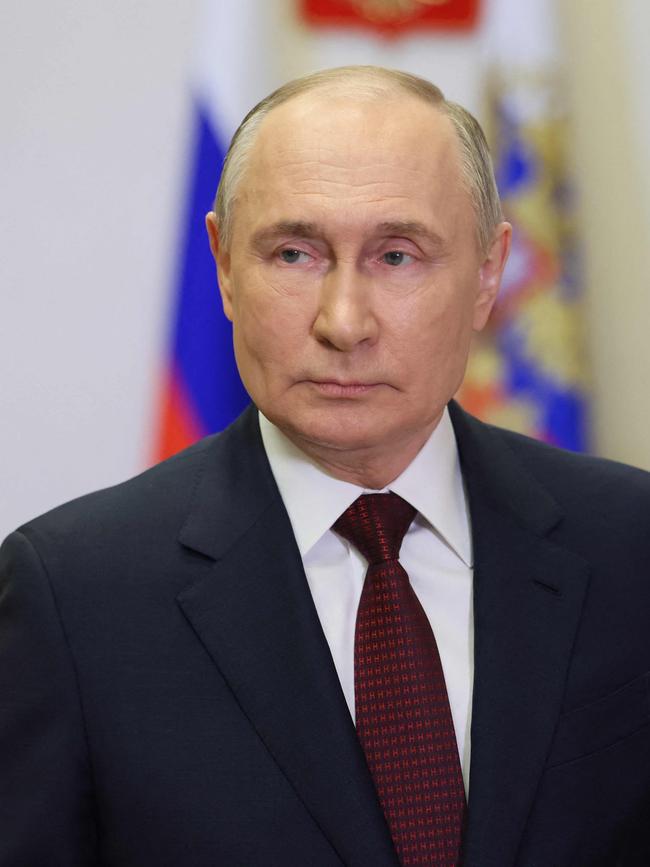
Indeed the consequences of Trump undermining Ukraine to strengthen Putin’s negotiating position and then telling NATO allies they must pay more for defence will have some appeal for American conservatives, but the downside would be ominous.
With the US now facing four formidable adversaries – Russia, China, Iran and North Korea – all watching for signs of American relative decline, internal weakness and lack of conviction, any Trump-inspired, politically self-interested abandonment of Ukraine would weaken collective security, undermine strategic deterrence and leave many nations, friend or foe of America, feeling its word cannot be believed.
Abbott added three vital points in his interview. He believed Trump as president had not undermined NATO; he understood why America felt “a weary titan” given the blood and treasure it has expended over seven decades; and he said US allies should not be “let off the hook” – all should be doing more, including Australia, particularly in relation to Ukraine.
The task for leadership, Abbott said, was “to get the big questions right”. That meant resisting the “moral derangement” that said things were even-handed between Putin and Ukrainian President Volodymyr Zelensky, between Israel and Hamas, and between Beijing and Taiwan. Australian conservatives might support Trump, but Trump is not a conservative and never has been.


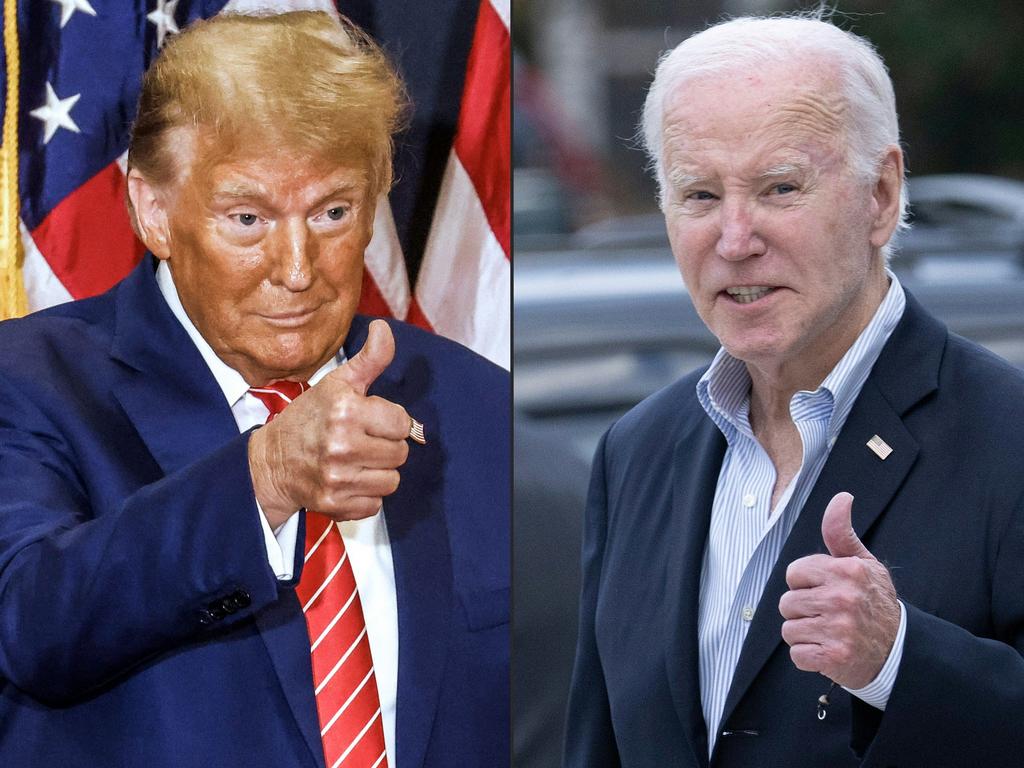
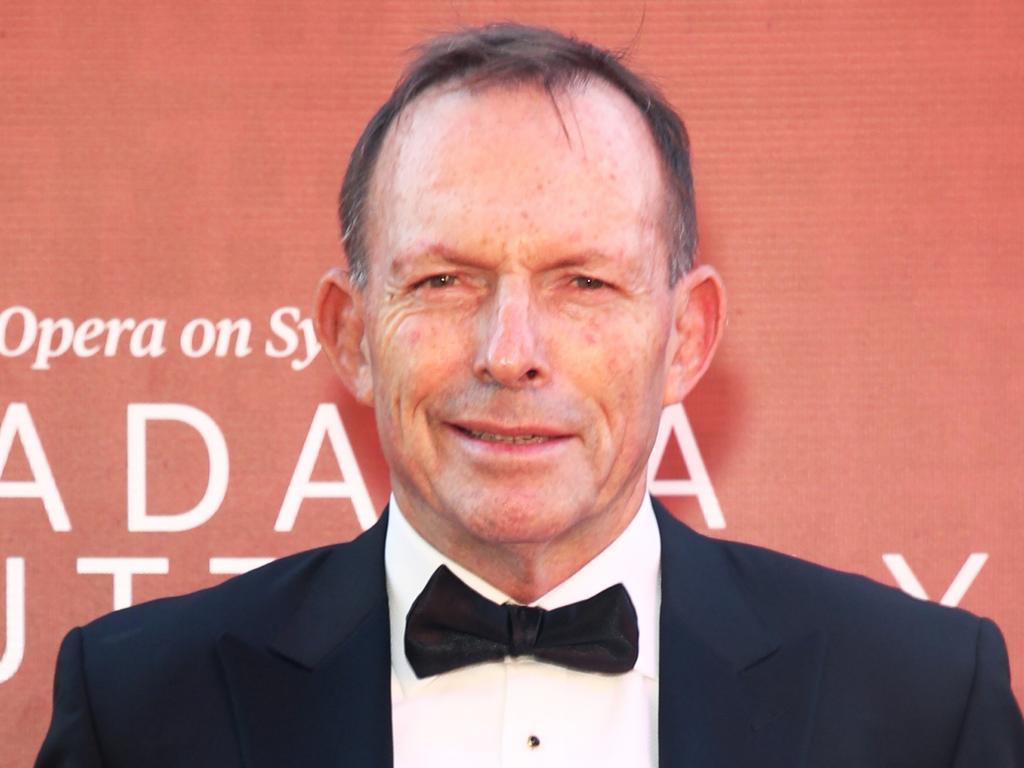


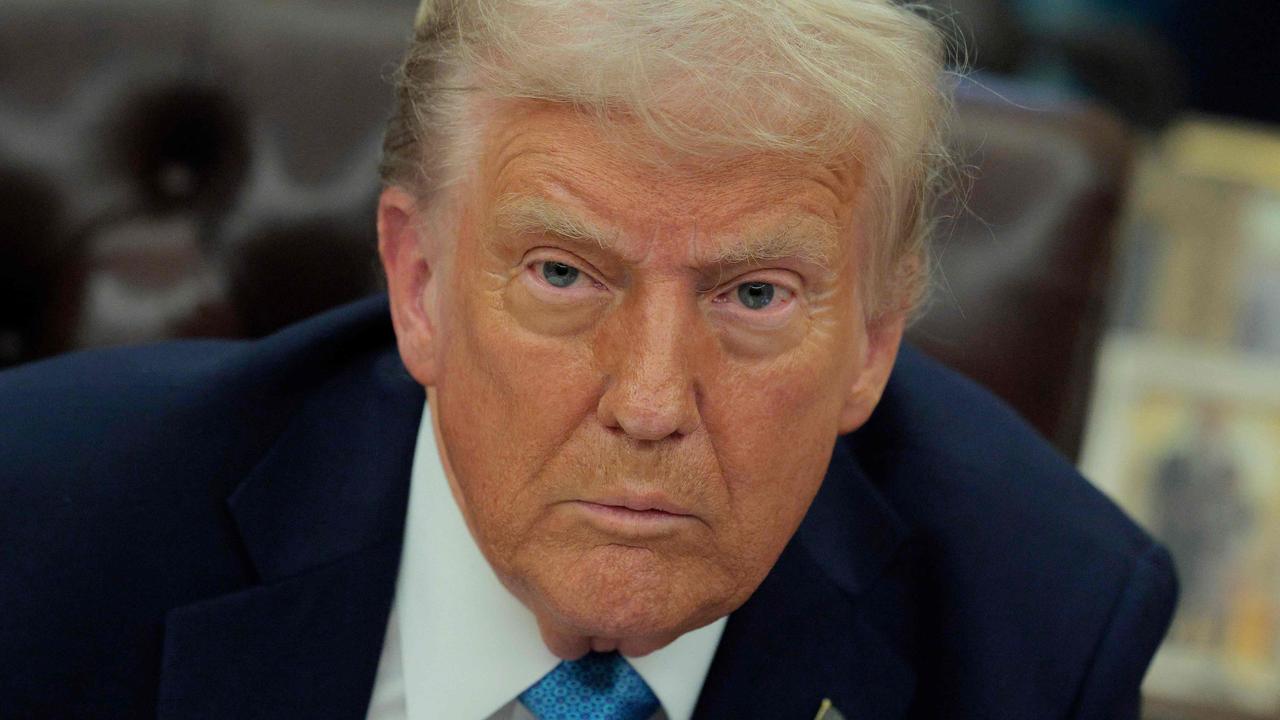

As Australian conservatives flock to the Trump bandwagon hoping their cheering will drown out its moral deceptions, the question they should answer concerns the gravest conflict in Europe since World War II: on Ukraine, who do you trust, Donald Trump or Tony Abbott?